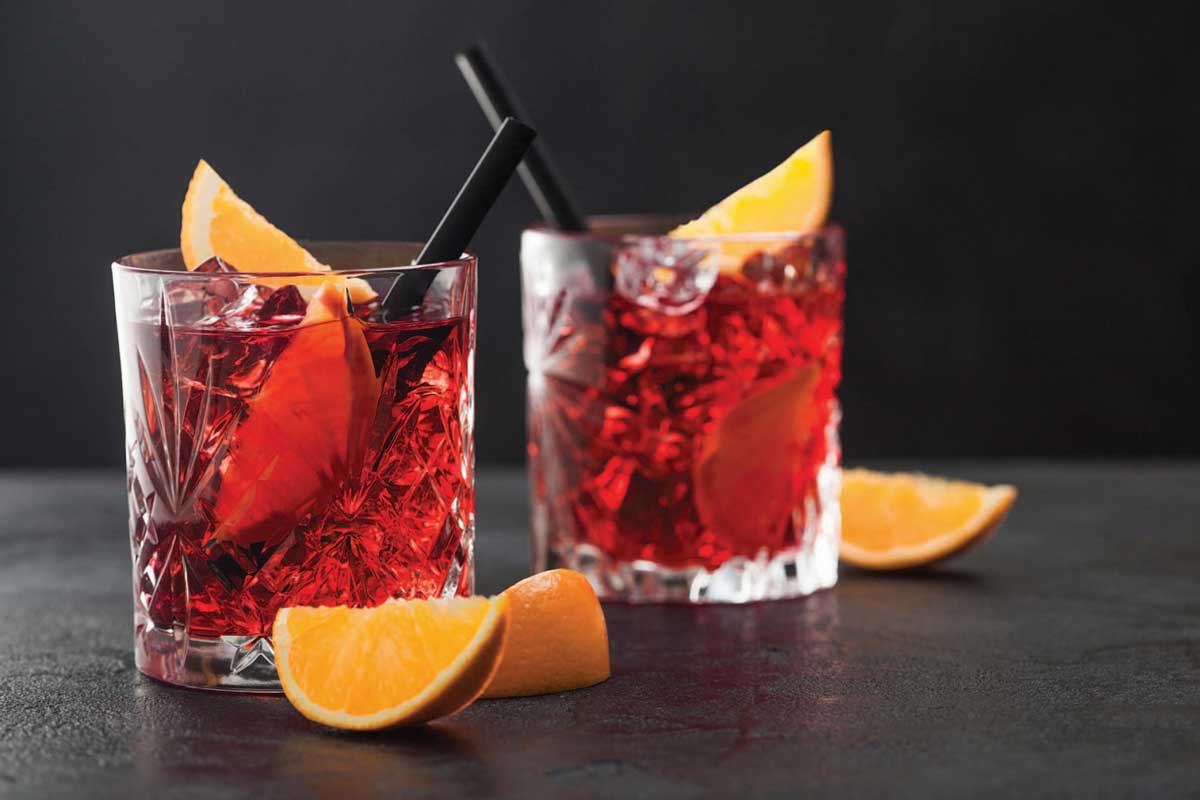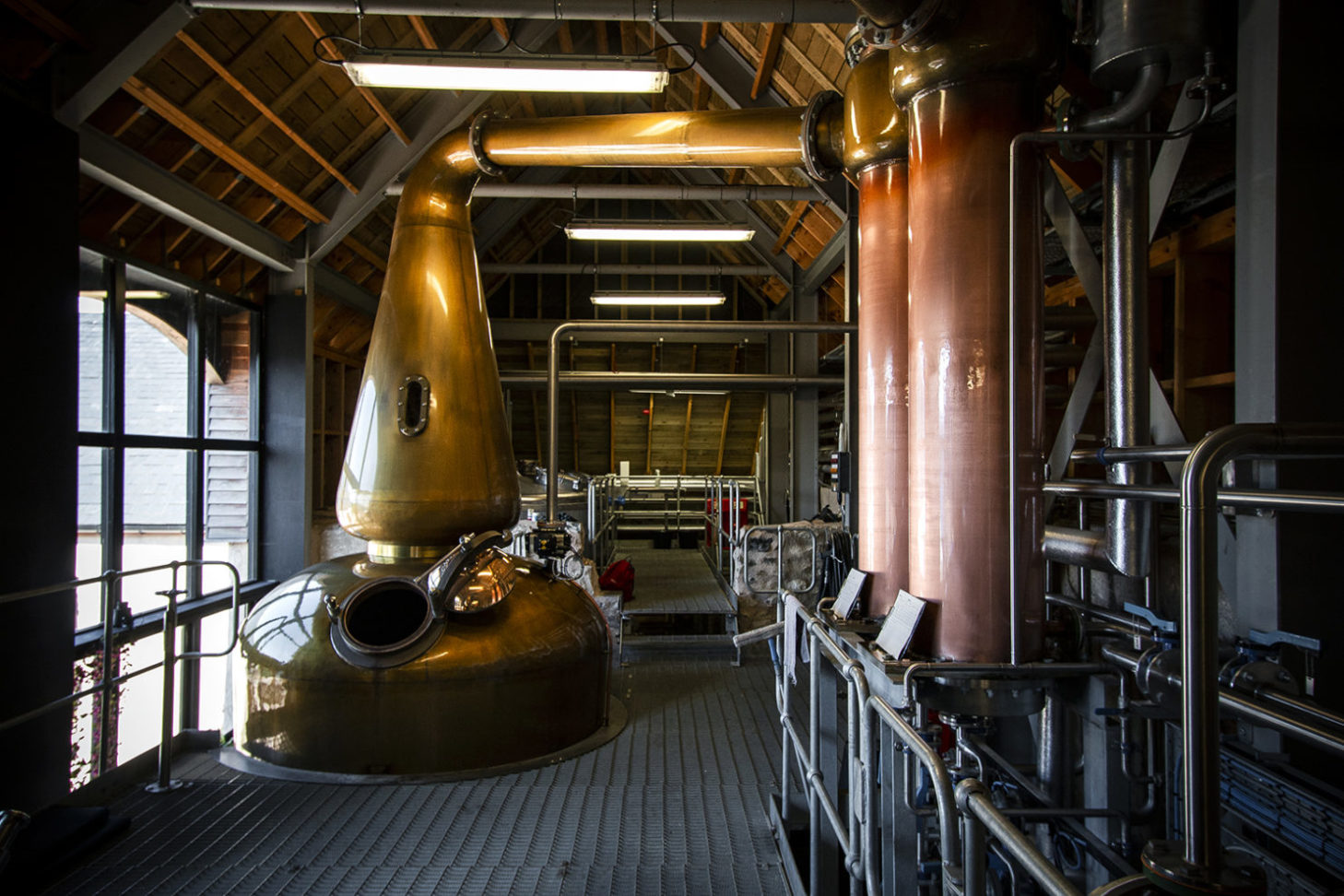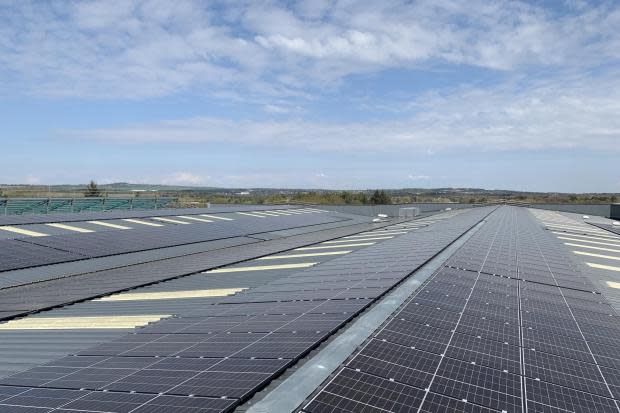Even small changes can help operators cut carbon emissions and costs

SUSTAINABILITY has become a major issue for operators and drinks companies alike in recent years. But the term is more than just a buzz word – it has implications for the bottom line as well as the planet.
Drinks companies and other specialists told SLTN there is increasing pressure from the public for businesses to introduce sustainable business practices and cut their carbon footprint, even if this can be a challenge for business owners.
Big undertakings – such as replacing inefficient boilers – can represent big investments, even if they will pay off in the long term. But there were several straightforward steps bar and pub operators can take to help them reduce waste, improve sustainability and, ultimately, save some money.
“Monitoring and managing energy consumption isn’t rocket science but can lead to significant savings,” said Chris Sladen, head of property at pub company Star Pubs & Bars.
“If you have one, use a smart meter to see consumption spikes and plug appliances into monitors to identify electricity guzzlers, then look at where cuts can be made. Lots of small changes, such as switching off sockets at the wall and turning off phone chargers when not in use, can add up.
“Putting in LED bulbs and using thermostatic radiator valves to turn off heating in areas of the building that aren’t in use are two easy and effective ways of reducing consumption.”
Water leaks in toilets, heating and lighting being left on when they’re not needed were also highlighted by Sladen as easy steps operators and staff can take to cut costs as well as emissions.
For food outlets, common wastage can include excessive food waste and a reliance on single-use items as well as the use of unsustainable ingredients.

Jocelyn Doyle, marketing and communications lead at the Sustainable Restaurant Association, said there are some ‘clear-cut’ steps operators can take to tackle these issues.
“First, conduct a comprehensive energy audit to identify areas of inefficiency,” said Doyle.
“Something many businesses might not even consider is the potential energy waste from inefficient appliances; invest in energy-efficient equipment (LED lighting and Energy Star certified) where possible and remember that this initial investment will save you money in the long run. You can also explore government incentives and grants for energy efficiency upgrades.
“Switch to dark green energy tariffs that prioritise renewable energy sources (e.g., solar or wind power), and use natural light and ventilation where possible to minimise reliance on artificial lighting and air conditioning. Implementing automated energy management systems can be a big help.”
But food waste, really, is one of the biggest areas that needs attention from the industry, according to Doyle.
“UNEP (the UN Environment Programme)’s 2021 Food Waste Index found that 26% of the estimated 931 million tonnes of food that goes to waste every year comes from foodservice,” she said.
“This is completely unacceptable and something the industry needs to tackle as a matter of urgency.
“This might mean better menu planning, smarter ordering, careful handling of deliveries, improving stock rotation, reducing portion sizes to cut down on plate waste, or implementing smart waste management practices (such as composting) that cut down on the amount of food going to landfill.”
On reducing the use of single-use items like straws or sachets, a study by Zero Waste Scotland found cutting usage could be easier than operators suspect.
The organisation’s communications lead, Andrew Pankhurst, said: “We work with businesses to implement a wide range of changes in order to put them on a more sustainable footing, and in that regard there’s no single practice that’s necessarily ‘the worst’.
“However, one surprising result from the Ditching Disposables study we carried out was that consumption of many single-use items – such as straws and sachets – businesses use can reduce by more than 90% by making them available on request only.
“This demonstrates just how unnecessary some of these items are for many businesses such as licensed premises, but also shows how simple it is to cut down on them.”

Waste ‘continues to be a big issue’ for hospitality, according to Annabel Thomas, owner of Argyll distillery Nc’nean, which is certified net zero – meaning the carbon emissions it creates during production are more than offset by those it removes from the atmosphere via its forest planting project.
“For drinks producers, energy has to be the biggest and the first – both problem and area to tackle to try to slow down the climate crisis,” said Thomas.
That was echoed by Peter Nelson, operations director at The Glenmorangie Company, owner of the Glenmorangie and Ardbeg distilleries, who said the company has taken steps to adopt more energy efficient practices in distillation and packaging.
“Perhaps our biggest challenge is to source alternative zero carbon energy supplies,” said Nelson.
“Our Glenmorangie and Ardbeg distilleries need hot water for fermentation and steam for distillation. At Glenmorangie in Tain, we have built an Anaerobic Digestion (AD) plant which cleans over 98% of our wastewater, and generates biogas, which now contributes 20% of the energy needed to run the distillery.
“At our bottling plant in central Scotland, 1500 photovoltaic solar panels have been installed to power the production of more than 10 million bottles per year. Ignoring clichés about the Scottish weather, these panels have exceeded their initial 30% target and have delivered 40% of the site’s energy needs in 2022.
“We are also trialling the use of hydrogen to create biogas from the CO2 generated from fermentation. These low-carbon projects help us become more sustainable and self-reliant, striving to reduce the company’s emissions, and future-proofing the company’s next 200 years and beyond.”

And Luke Crighton of rum importer and distributor, Spiribam, said the ‘immediate or initial demand’ for sustainable practices is being driven largely by consumers as it plays a larger part in their purchasing decisions.
“However, the necessity for long term sustainable practices is driven by global demand to make a genuine change to the impact we have on the planet,” said Crighton.
“This creates an inevitability that any company that does not account for some form of sustainable practice will eventually be left behind by their competition.
“Calling for sustainability practices is a current way for customers to have some control over the brands they invest in.
“As sustainable practices become more standardised, parallels can be drawn to previous customer demand for companies to have published corporate social responsibility practices which protect the rights of its workers and hold those companies accountable for the impact of their ways of working.”
Craig Letton, chief executive of specialist drinks marketing company MRM Global, agreed.
“I think the move to sustainable products and offerings has been driven and continues to be driven by consumers within the industry,” said Letton.
“It’s like a domino effect – the outlets are requesting more sustainable products and offerings, such as recyclable point of sale materials, field sales teams are pushing this feedback to their brands, and then brands are having to implement these changes to keep consumers satisfied and sales growing.”




















